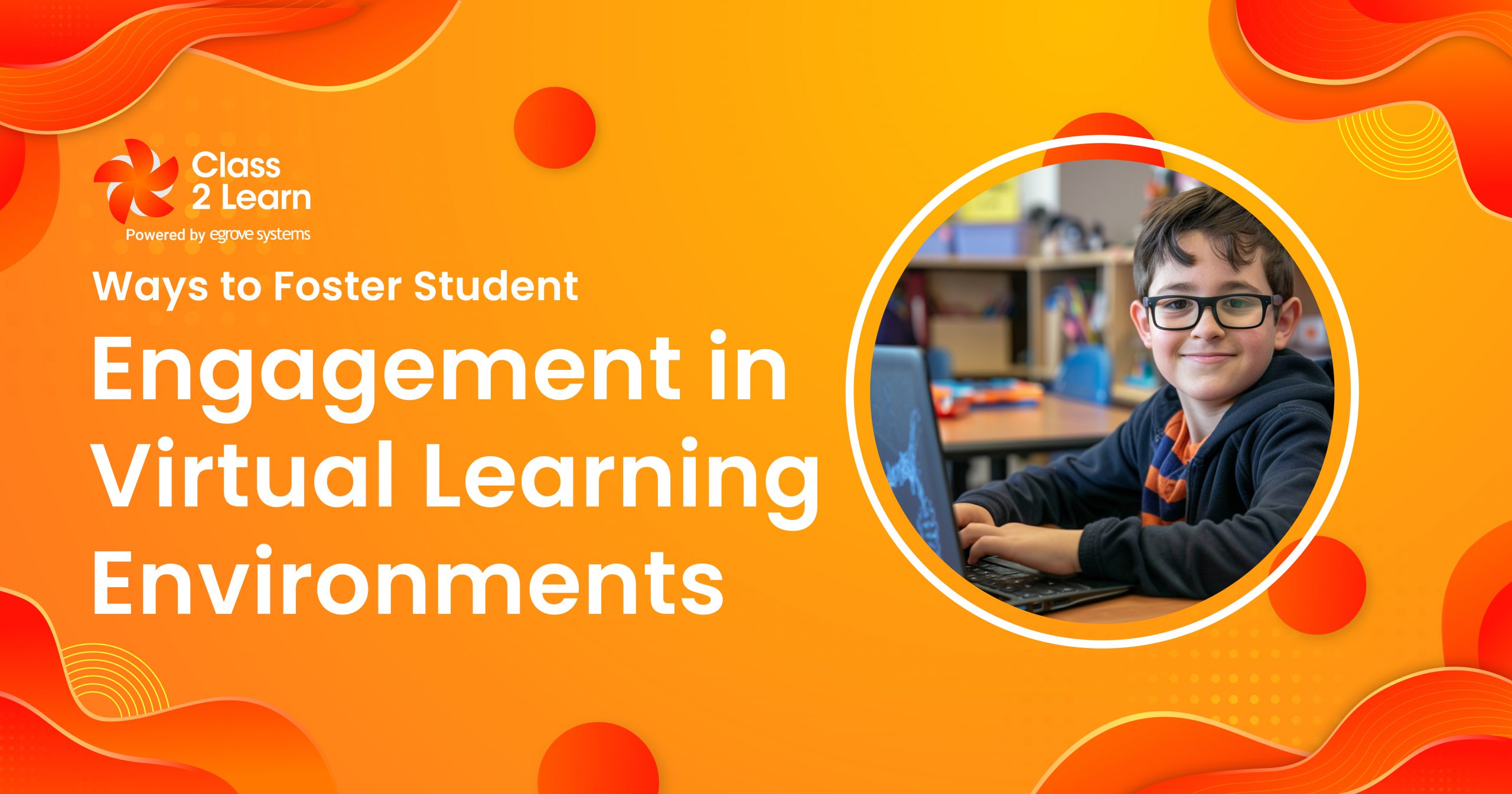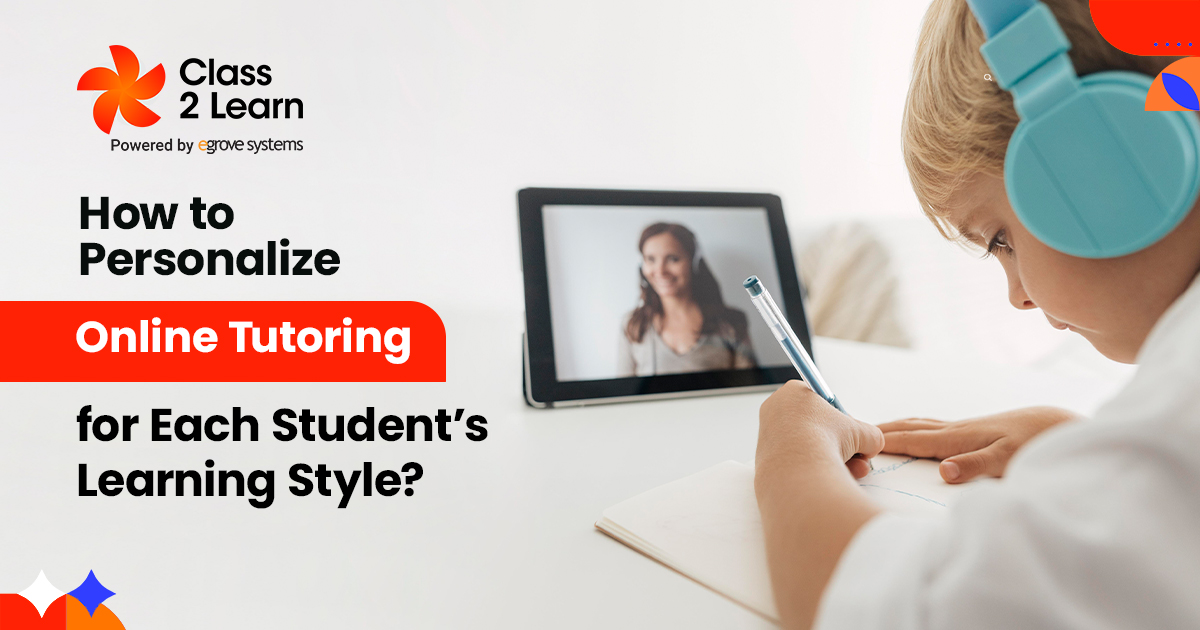Online learning is a force to be reckoned with. It has infallible advantages, such as better affordability, increased retention rates, higher accessibility, and the potential to bring about a true-blue revolution in the education sector. Although, online learning is not an entirely novel concept, as schools and training centers have used technology like copy machines and media-aided learning since the mid-20th century. Likewise, the Open University of the United Kingdom pioneered MOOCs as early as 1969. Thereafter, other institutions like India’s Indira Gandhi National Open University (IGNOU) and the Canada’s University of British Columbia followed suit.
However, online learning undoubtedly entered the mainstream in 2020. As schools, colleges, and universities shut down to contain the Coronavirus contagion, the ‘web’ became the sole medium to help billions of young minds continue with their learning journey. For example, 80 percent of the world’s student population was impacted by the COVID-19 school closures. In addition, during the COVID-19 peak, 98 percent of universities shifted to an online mode of higher learning. As the world transitions to a ‘new normal,’ MOOCs, EdTech, and remote/online learning have become intrinsic parts of the world’s education system. The fact that the e-learning market is expected to be worth USD 325 billion by 2025 is an apt testament to its current prowess and future scope.
What is Online Learning? How Is It More Advantageous Than Traditional Learning?
In simple words, online learning refers to the co-option of digital, electronic, or internet-based tools (EdTech) to foster various aspects of education and training. Online education is a comprehensive mechanism. It includes informal interactions like emails between peers to official materials and assessments shared by professors digitally, online courses and degrees, and more. Since e-learning entered the mainstream, the deliberation on its benefits vis-à-vis traditional classroom learning seems never-ending. Therefore, it is time to settle the debate by examining some of the veritable perquisites of online education as opposed to traditional face-to-face classes.
- Students Attain More Knowledge than In Standard Classes
Surprisingly or unsurprisingly, online learning can be more effective in helping students gain knowledge. According to IBM, students enrolled in online courses learn via audio-visual and other interactive mediums 5X more than those in traditional in-person classes. Various studies have, time and again, proven that visuals have a great impact on our memory and knowledge retention. For example, words are complex and abstract to remember, and our brain usually prioritizes images for long-term information retention.
Similarly, online classes can enhance knowledge acquisition by making bland classes more interesting. It goes without saying that classes based only on text can be quite monotonous. However, adding videos, animations, audio, quizzes, etc., via EdTech can make even the blandest lessons invigorating. Therefore, it is obvious that pupils in online classes work faster and absorb more information on average.
- Online Classes Facilitate Collaboration
Online learning is centered on cloud-based tools, which are designed to facilitate collaborations in the classroom. When mobile devices are infused with online lessons and educational content, children can automatically come together to solve problems. In addition, as online classes create a sort of ‘iron curtain,’ even the shyest students or socially anxious pupils get the space to come forward and do their best. In addition, the best part is that peer-based collaboration is not limited to physical classrooms, and students can come together for classes and discussions at any time of the day.
- Online Learning Leads to Better Retention Rates
Students in offline courses struggle to maintain their interest and pull through academic pressure throughout the semester. However, according to the Research Institute of America, it is not the case online. E-learning may result in better knowledge retention due to its flexibility, convenience, and lesser monetary burden. In addition, the immersive nature of online classes, which facilitate interest generation and knowledge absorption, can help even the most absent-minded students focus and continue their educational journey.
For example, studies show that online courses have increased student retention rates by anywhere from 25 percent to 60 percent. In addition, the multimedia-based learning tools used in online learning allow students to record their classes, resume or leave a class as per their needs, etc. Such liberty means that students can consume the curriculum in a personalized fashion, and the likelihood of classes conflicting with other commitments is minimized. Thus, the retention rates spike up.
- Online Learning is Cost-efficient
Affordability is the most crucial edge of online learning over traditional face-to-face classes. The point is especially relevant for higher education. For instance, a report by Education Data Initiative found that online degree courses are around USD 36000 cheaper over four years compared to in-person degree programs at public colleges. Similarly, another study illustrates that 86 percent of online degree graduates believe the value gained from their online degree exceeded or equaled the cost they paid. Thus, by minimizing tuition fees, online learning makes high-quality higher education accessible to people from different social strata. Online learning is a crucial weapon to democratize education and make it more equitable.
- Continuous Assessments Can Curb Distractions
Lastly, online classes are more advantageous than traditional physical classes in that assessments become a continuous process, and students get instant feedback. The culmination is that combining multimedia with interactive EdTech materials and regular short exams can increase student engagement and prevent distractions. For instance, a Harvard study states that adopting such a method mitigated pupils’ absent-mindedness, increased note-taking by four times, and enhanced overall content recall.
Thus, in a nutshell, the five above reasons elucidate why online learning is more effective than traditional face-to-face learning.





Add comment